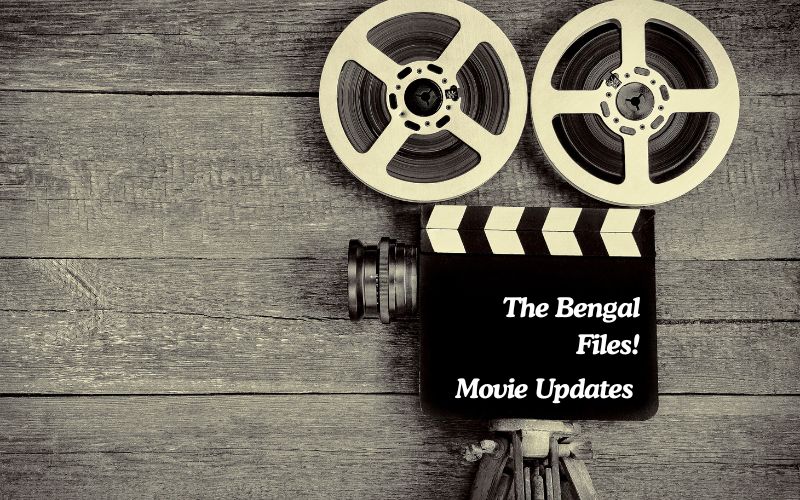
Vivek Agnihotri’s The Bengal Files isn’t just a movie—it’s a Molotov cocktail of history, politics, and raw emotion. As the explosive finale to his “Files Trilogy,” this film is already shaking the nation, forcing uncomfortable conversations, and facing shocking censorship attempts.
Why This Film Hurts – And Why That Matters
Agnihotri calls it “a protest in celluloid”—a brutal excavation of buried tragedies from Assam’s partition era, including:
- The 1946 Direct Action Day riots (often glossed over in textbooks)
- The Noakhali massacres (where thousands were slaughtered)
Its opening line chills: “If Kashmir hurt you, Bengal will haunt you.” This isn’t just storytelling—it’s a scream against historical amnesia.
📜 Sources: Hindustan Times, Mathrubhumi, Drishtikone
A Cast That Embodies History’s Ghosts
- Anupam Kher as Gandhi—no prosthetics, just raw transformation.
- Mithun Chakraborty, Pallavi Joshi, Darshan Kumar—bringing searing intensity.
This isn’t acting. It’s resurrection.
🎭 More on performances: The Times of India, Hindustan Times
The Trailer That Wasn’t Allowed to Speak
Kolkata’s launch event turned into a dystopian scene:
✅ Permission granted → 🚫 Event shut down
✅ Trailer ready → 🔌 Wires cut, laptop seized
Agnihotri didn’t mince words: “This is how truth gets erased.”
⚡ Controversy coverage: NDTV, The Indian Express, Deccan Herald
Why This Film Terrifies the Powerful
- It forces India to stare at its unhealed partition wounds
- It asks: Who decides which histories get remembered?
- It’s a mirror for Gen Z—many of whom barely know this past
As one survivor in the film says: “Silence is how we let them kill us twice.”
When Can You Watch It?
🇺🇸 U.S. Premieres: Mid-July (10-city tour)
🇮🇳 India Release: September 5 (Teachers’ Day—a deliberate punch)
🎥 Release updates: OTTPlay, New Kerala
The Bottom Line
The Bengal Files was never meant to entertain. It exists to:
➡ Gut you with forgotten violence
➡ Enrage you with censorship overtones
➡ Challenge you to remember what power wants erased
As the director warns: “This isn’t just about 1946. It’s about 2025. And who we’re becoming.”
Will you watch—or look away? 🔥


Leave a Reply